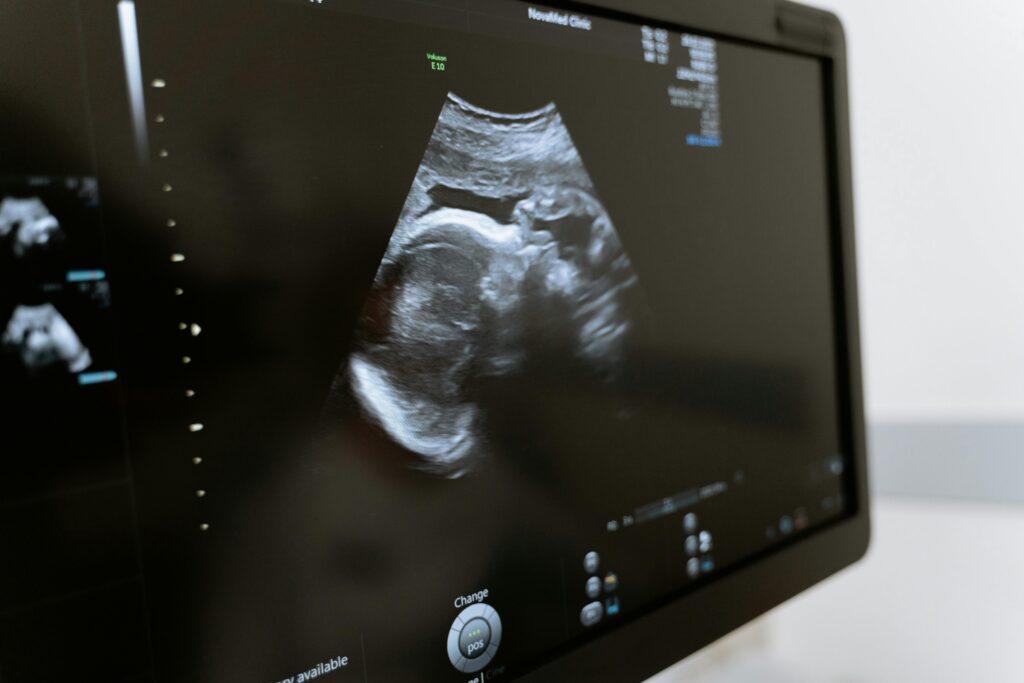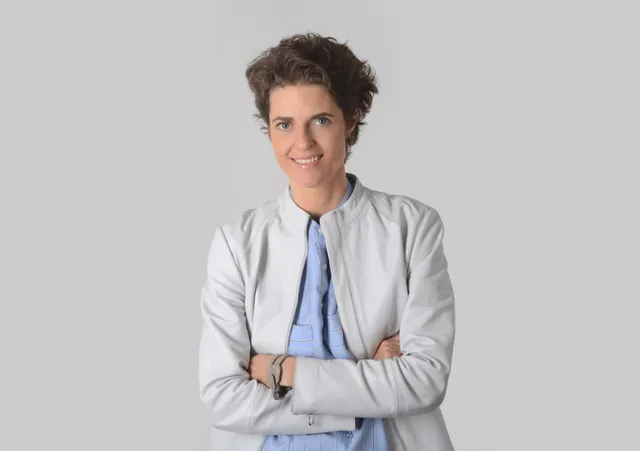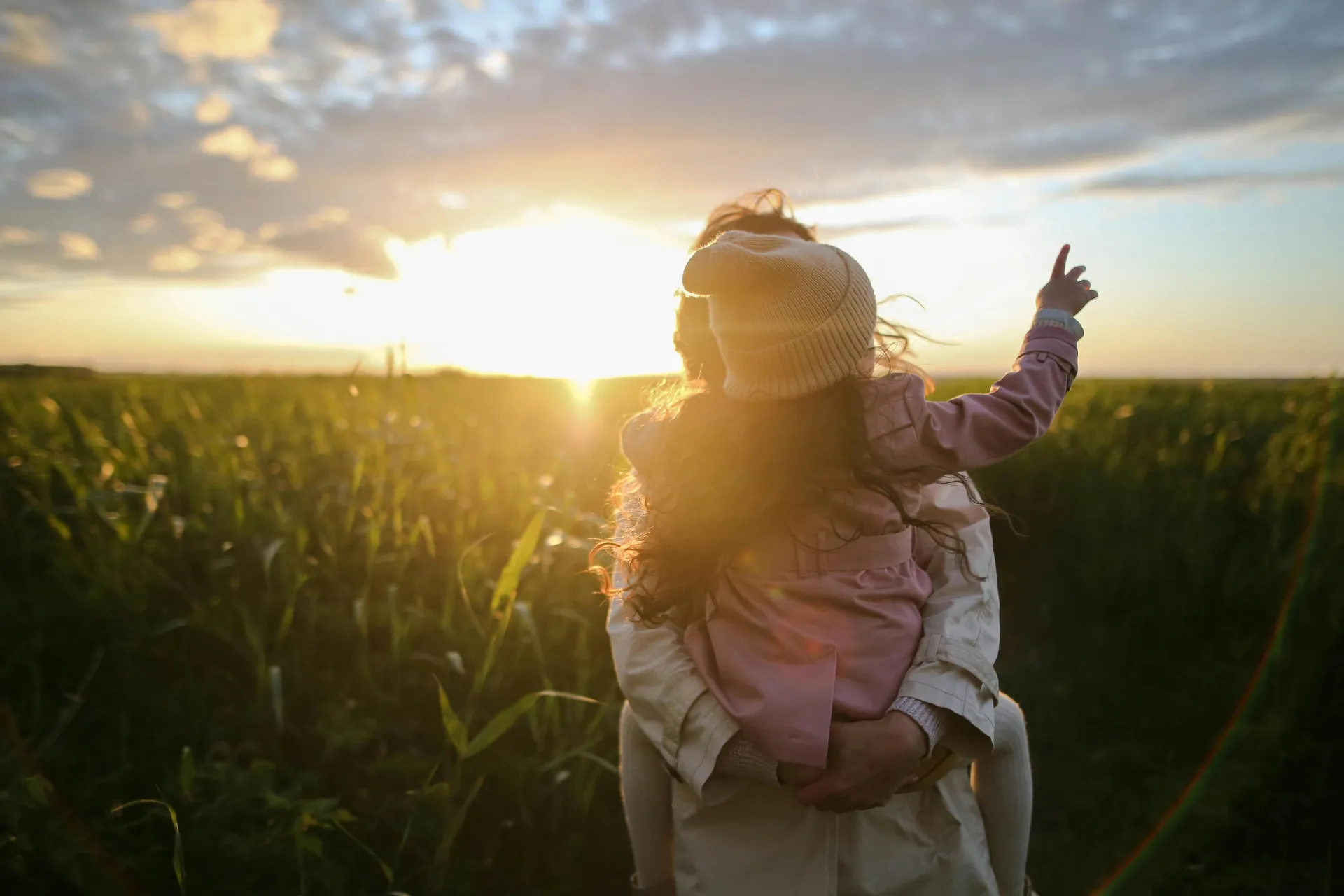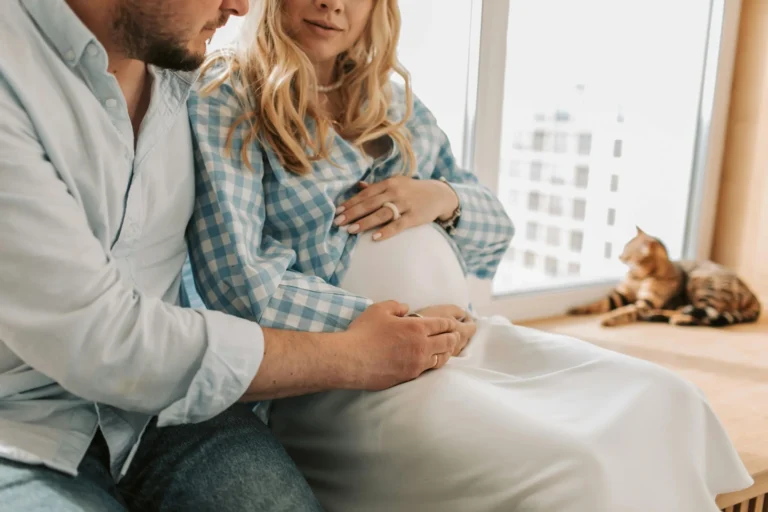Pregnancy After 30: Challenges and Opportunities
Choć coraz więcej kobiet decyduje się na późniejsze macierzyństwo, warto być świadomym As more women choose to have children later in life, it’s important to be aware of the potential challenges and risks associated with pregnancy in this age group. Let’s explore what you need to know before deciding to have your first child after thirty.
Risks Associated with Pregnancy After 30
Opting for a first child after 30 years old comes with an increased risk of various complications, including:
- Preeclampsia
- Gestational diabetes
- Hypertension
- Intrauterine fetal death
- Premature birth
- Cesarean delivery
- Multiple pregnancy
There is also a heightened risk of uterine fibroids and thyroid function problems. Additionally, the likelihood of giving birth to a child with chromosomal abnormalities, such as Down syndrome or Patau syndrome, increases with age.
However, it’s important to note that the majority of pregnancies after 30 proceed normally. If any difficulties arise, expectant mothers have access to numerous diagnostic tests that provide the necessary support at every stage of pregnancy. Regular visits to the gynecologist and proper preparation can significantly increase the chances of a healthy pregnancy.
When is the Best Time to Get Pregnant?
Biologically, the best time to get pregnant is between the ages of 18 and 25. During this period, women are most fertile, and the risk of complications is lowest. However, many young women choose to delay motherhood due to educational, professional, and financial reasons. As a result, first pregnancies increasingly occur after thirty.
Chances of Conceiving
Fertility in women declines significantly after the age of 30, with the most considerable decrease observed after 35. Despite this, many women in their thirties successfully conceive thanks to a healthy lifestyle, proper diet, and regular medical check-ups. Trying to conceive after 30 can be more challenging due to emerging health issues such as hormonal fluctuations, obesity, diabetes, hypertension, and reproductive organ conditions like fibroids or endometriosis.

Is it Too Late?
Dawn Brooke is one of the oldest women in the world to naturally conceive and give birth. In 1997, at the age of 59, she gave birth to a healthy son. Brooke’s case has become a symbol of late motherhood, sparking widespread discussion about fertility in older women. Doctors were astonished by her case, given the extremely low chances of natural conception at that age. Brooke attributes her late motherhood to a healthy lifestyle and genetics. Her story has been widely covered in the media, highlighting the extraordinary nature of her situation and inspiring many women who dream of having children later in life.
Conclusion
Deciding on motherhood after 30 requires appropriate preparation and awareness of potential risks. Regular health monitoring, a healthy lifestyle, and consultations with a doctor can significantly increase the chances of a healthy pregnancy. Remember, every woman is different, and individual approaches and proper medical care can help overcome many difficulties.

Founder & CEO







